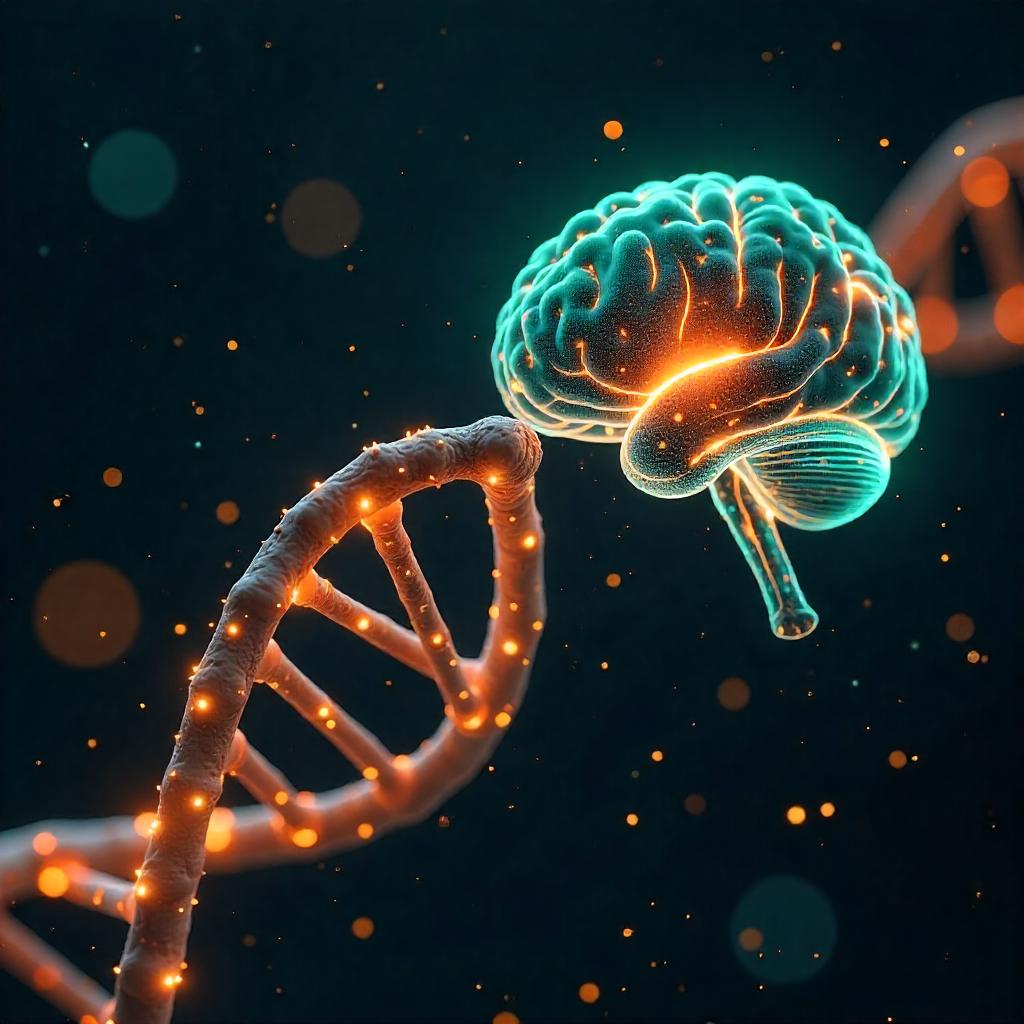The Expanding Frontier of AI and Ethical Dilemmas
In a groundbreaking conference held at the Neo-Tokyo Convention Center, global tech leaders and ethicists convened to address the pressing ethical concerns surrounding artificial intelligence development and deployment. The debate, which lasted for three intense days, covered a wide range of topics from AI bias and transparency to the potential existential risks posed by superintelligent systems.
"We stand at a crucial juncture in human history. The decisions we make today about AI will shape the future of our species and potentially all sentient life in the universe," declared Dr. Aiko Nakamura, leading AI ethicist and keynote speaker at the conference.
The conference, aptly named "Ethics in the Age of Artificial Minds," brought together diverse voices from tech giants, academia, government agencies, and civil society organizations. Discussions were often heated, reflecting the high stakes and complexity of the issues at hand.

The panel discussions were intense, with experts from various fields weighing in on the ethical implications of AI.
Key Ethical Implications Discussed:
- AI bias and fairness in decision-making systems
- Transparency and explainability of AI algorithms
- Privacy concerns and data protection in AI-driven societies
- Autonomy and human agency in a world increasingly governed by AI
- The potential for AI to exacerbate social and economic inequalities
- Long-term existential risks posed by artificial general intelligence (AGI)
One of the most contentious topics was the development of artificial general intelligence (AGI) and the potential risks it poses. While some argued for accelerating AGI research to solve global challenges, others advocated for extreme caution and even proposed temporary moratoriums on certain types of AI development.
Arguments for Accelerated AI Development:
- Potential to solve global challenges (climate change, disease, poverty)
- Economic benefits and increased productivity
- Advancement of scientific research and discovery
- Enhanced decision-making in complex domains
Arguments for Caution:
- Unpredictable consequences of superintelligent AI
- Potential loss of human control and agency
- Exacerbation of social and economic inequalities
- Risks to privacy and individual freedoms
Despite the divergent views, there was a consensus on the need for robust ethical frameworks and international cooperation in AI governance. The conference concluded with a call to action for the formation of a global AI ethics committee and the development of binding international agreements on AI development and deployment.
"The future of AI is not predetermined. It's up to us to shape it responsibly and ensure that artificial intelligence remains a force for good in the world," concluded Raj Patel, CEO of Quantum Minds, one of the world's leading AI companies.
As the conference wrapped up, it was clear that the AI ethics debate is far from over. The discussions and decisions made in the coming years will undoubtedly play a crucial role in shaping the future of humanity in the age of artificial intelligence.

Outside the conference, activists gathered to voice their concerns about the rapid pace of AI development.




Share This Article